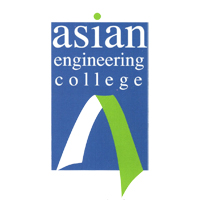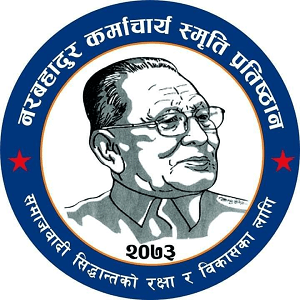Overview
Overviews of Diploma in Civil Engineering at Phulchowki Secondary School, Lalitpur, Nepal (affiliated with CTEVT)
The Diploma in Civil Engineering program at Phulchowki Secondary School is a three-year full-time course designed to provide students with a comprehensive understanding of civil engineering principles, practices, and technical skills. The program combines theoretical knowledge with practical training to prepare students for a successful career in the field of civil engineering.
Course Outlines:
The course covers a wide range of subjects and practical components, including:
- Structural Engineering
- Geotechnical Engineering
- Transportation Engineering
- Water Resources Engineering
- Construction Management
- Surveying and Leveling
- Building Materials and Construction
- AutoCAD and Computer-Aided Design
- Project Management
Duration:
The Diploma in Civil Engineering program has a duration of three years, divided into six semesters.
Objectives:
The program aims to achieve the following objectives:
- Provide students with a strong foundation in civil engineering concepts and principles.
- Develop practical skills and technical expertise in areas such as structural design, construction management, and surveying.
- Foster critical thinking and problem-solving abilities relevant to the field of civil engineering.
- Enhance students' communication and teamwork skills to effectively collaborate in professional environments.
- Promote ethical practices and a commitment to sustainable development in civil engineering projects.
Eligibility:
To be eligible for the Diploma in Civil Engineering program at Phulchowki Secondary School, students must have completed their secondary education (Class 10) or an equivalent qualification from a recognized institution.
Fee Structures:
For detailed information about the fee structures for the Diploma in Civil Engineering program, interested students can contact the administration office of Phulchowki Secondary School.
Learning Outcomes:
Upon completion of the program, students can expect to achieve the following learning outcomes:
- Apply civil engineering principles and techniques to design and analyze structural components and systems.
- Demonstrate proficiency in using modern software tools for drafting, modeling, and simulation in civil engineering projects.
- Execute field surveys, interpret survey data, and create accurate topographic maps.
- Comprehend and analyze the behavior of various construction materials and apply appropriate techniques in construction processes.
- Understand the principles of project management and effectively contribute to project planning and execution.
Scope and Career Prospects:
The field of civil engineering offers a wide range of career opportunities. Graduates of the Diploma in Civil Engineering program can explore employment prospects in the following sectors:
- Construction and Infrastructure Development Companies
- Government Organizations and Agencies
- Engineering Consultancies
- Research and Development Institutions
- Municipalities and Urban Planning Departments
- Non-Governmental Organizations (NGOs) involved in infrastructure projects
Career Options:
After completing the Diploma in Civil Engineering program, graduates can pursue various career paths, including:
- Civil Engineer
- Site Engineer
- Structural Engineer
- Construction Manager
- Project Coordinator
- Surveyor
- Quality Control Engineer
- Transportation Engineer
Why Choose this Course:
There are several reasons why students may consider choosing the Diploma in Civil Engineering program at Phulchowki Secondary School:
- Practical Orientation: The program emphasizes practical training, equipping students with hands-on skills and experiences necessary for the civil engineering industry.
- Experienced Faculty: The school has a team of qualified and experienced faculty members who provide guidance and support throughout the program.
- Industry Relevance: The curriculum is regularly updated to align with industry requirements and advancements, ensuring students are prepared for current and future trends in civil engineering.
Contact Phulchowki Secondary School's administrative office for detailed information on the Diploma in Civil Engineering course, including fees, scholarships, facilities, counseling, eligibility criteria, etc.






















